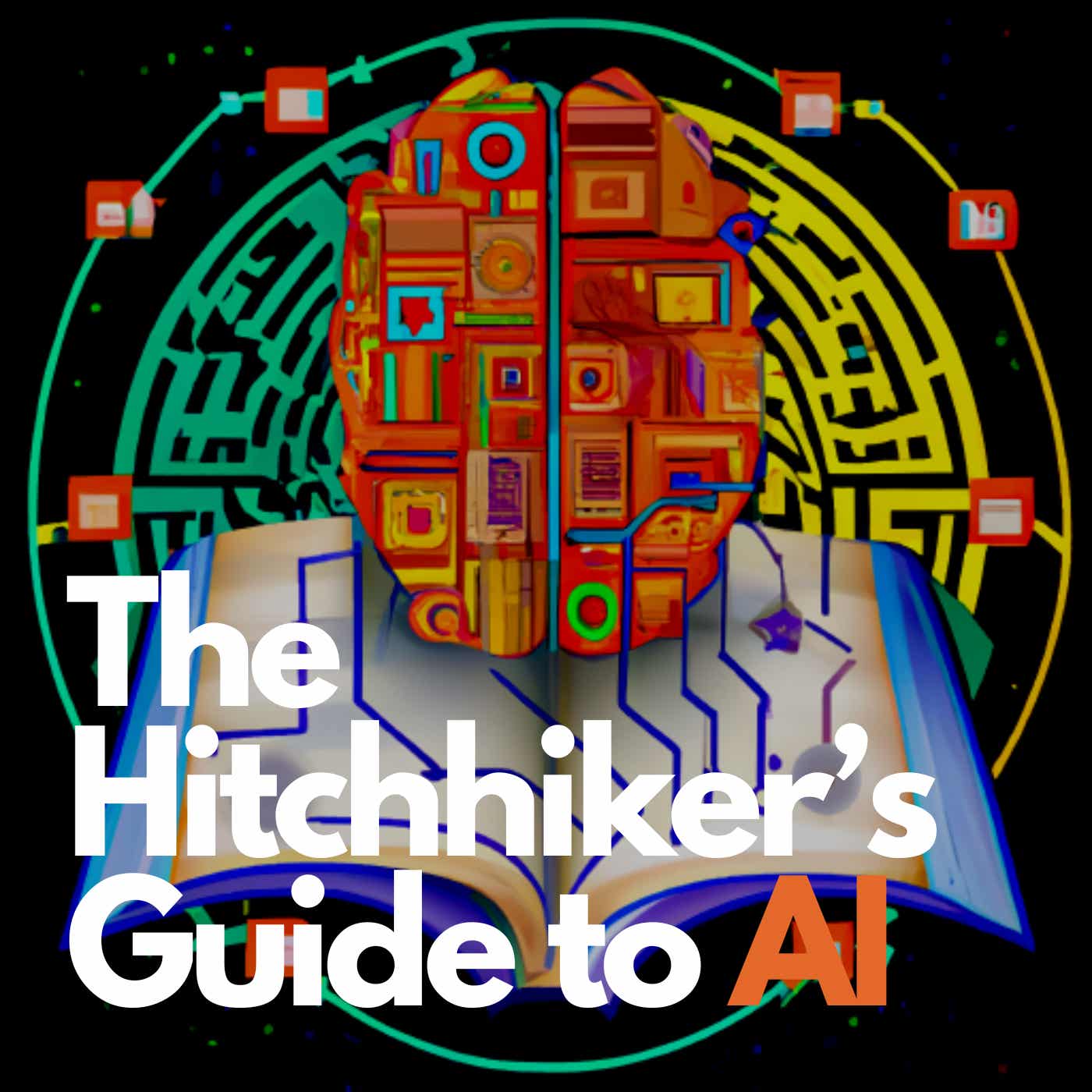Interview: Human-level AI and AI Agents with Josh Albrecht, CTO of Generally Intelligent
Description
Interview: AGI and developing AI Agents with Josh Albrecht, CTO of Generally Intelligent
I’ve been spending a lot of time researching, experimenting and building AI agents lately at Parcha. That’s why I was really excited I got the chance to interview AI researcher Josh Albrecht, who is the CTO and co-founder of Generally Intelligent. Generally Intelligent’s work on AI Agents is really at the bleeding edge of where AI is headed.
In our conversation, we talk about how Josh defines AGI, how close we are to achieving it, what exactly an AI researcher does, and his company’s work on AI agents. We also hear about Josh’s investment thesis for Outset Capital, the AI venture capital fund he started with his co-founder Kanjun Qui.
Overall it was a really great interview and we covered a lot of ground in a short period of time. If you’re as excited about the potential of AI agents as I am or want to better understand where research is heading in this space, as I am this interview is definitely worth listening to in full.
Here are some of the highlights:
* Defining AGI: Josh shares his definition of AGI, which he calls Human-level AI a machine’s ability to perform tasks that require human-like understanding and problem-solving skills. It involves passing a specific set of tests that measure performance in areas like language, vision, reasoning, and decision-making.
* Generally Intelligent: General Intelligence's goal is to create more general, capable, robust, and safer AI systems. Specifically, they are focused on developing digital agents that can act on your computer, like in your web browser, desktop, and editor. These agents can autonomously complete tasks and run on top of language models like GPT. However, those language models were not created with this use case in mind, making it challenging to build fully functional digital agents.
* Emergent behavior: Josh believes that the emergent behavior we are seeing in models today can be traced back to training data. For example being back to string together chains of thought could be from transcript of gamers on Twitch.
* Memory systems: When it comes to memory systems for powerful agents, there are a few key things to consider. First of all, what do you want to store and what aspects do you want to pay attention to when you're recalling things? Josh’s view is that while it might seem like a daunting task, it turns out that this isn't actually a crazy hard problem.
* Reducing latency: One way to get around the current latency when interacting with LLMs that are following chains of thought with agentic behavior is to change user expectations. Make the agent continuously communicate updates to the user for example vs. just waiting for to provide the answer. For example, the agent could send updates during the process, saying something like "I'm working on it, I'll let you know when I have an update." This can make the user feel more reassured that the agent is working on the task, even if it's taking some time.
* Parallelizing chain of thought: Josh believes we can parallelize more of the work done by agents in chain of thought processes, asking many questions at once and then combining them to reach a final output for the user.
* AI research day-to-day: Josh shared that much of the work he does as an AI researcher is not that different from other software engineering tasks. There’s a lot of writing code, waiting to run it and then dealing with bugs. It’s still a lot faster than research in the physical sciences where you have to wait for cells to grow for example!
* Acceleration vs deceleration: Josh shared his viewpoints for both sides of the argument for accelerating vs decelerating AI. He also believes there are fundamental limits to how fast AI can be developed today and this could change a lot in 10 years as processing speeds continue to improve.
* AI regulation: We discussed how it’s challenging to regulate AI due to the open-source ecosystem.
* Universal
More Episodes
Hi Hitchhikers,
I’m excited to share another interview from my podcast, this time with David Kossnick, Product Manager at Coda. Coda is a collaborative document tool combining the power of a document, spreadsheet, app, and database.
Before diving into the interview, I have an update on Parcha,...
Published 06/23/23
Published 06/23/23
Hi Hitchhikers!
I’m excited to share this latest podcast episode, where I interview Charlie Newark-French, CEO of Hyperscience, which provides AI-powered automation solutions for enterprise customers. This is a must-listen if you are either a founder considering starting an AI startup for...
Published 03/23/23


